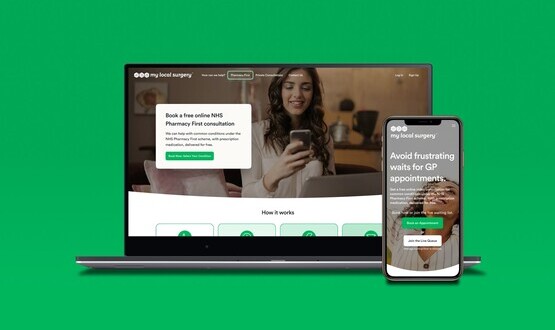Pharmacists reject prescription printing plan
- 10 April 2007
Community pharmacists claim they may still have to print out more than a quarter of prescription tokens when release two of the electronic prescription service (EPS) is introduced later this year.
Representatives at the annual conference of the Pharmaceutical Services Negotiating Committee (PSNC) passed a motion “rejecting in the strongest terms” the plans to print out some prescription tokens under release two.
The proposals mean pharmacists will need to print out electronically generated and transmitted FP10s in cases where patients have nominated a pharmacy, do not pay prescription charges and are not age exempt. This would apply to patients of working age who, for example, receive free medicines because they are on benefits.
The token will need to be printed so the patients can sign the back to claim their exemption from payment. The arrangement was agreed as an interim measure by the PSNC and the Department of Health in 2004 according to the PSNC.
Lindsey McClure, head of information services for the PSNC, told EHI Primary Care: “We see printing out the token as an interim solution until a more efficient method can be introduced.”
Gateshead and South Tyneside Local Pharmaceutical Committee (LPC), which had proposed the motion, suggested that instead some sort of electronic device be used to obtain patient signatures, such as the type used by couriers.
The need to print out a prescription token will only apply in cases where patients nominate a pharmacy because in those cases there will be no paper flow between the prescriber and the pharmacy. Patients who choose not to nominate a pharmacist will still be given a token at the GP surgery under EPS release two.
The conference heard that 27% of prescription tokens would need to be printed out if every patient in England taking repeat medicines chose to nominate a pharmacy.
The Pharmaceutical Journal reported that Malcolm Goldie from Gateshead and South Tyneside LPC told the conference that signing the back of prescriptions to claim an exemption was first introduced some 40 years ago as an interim measure.
“If this is introduced, it will last until we are in our boxes,” he said.




